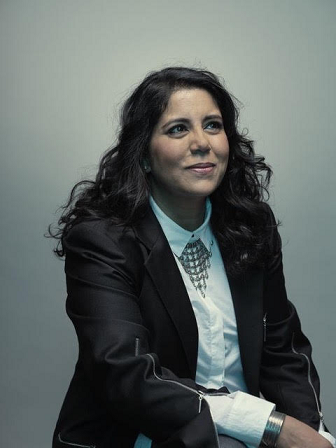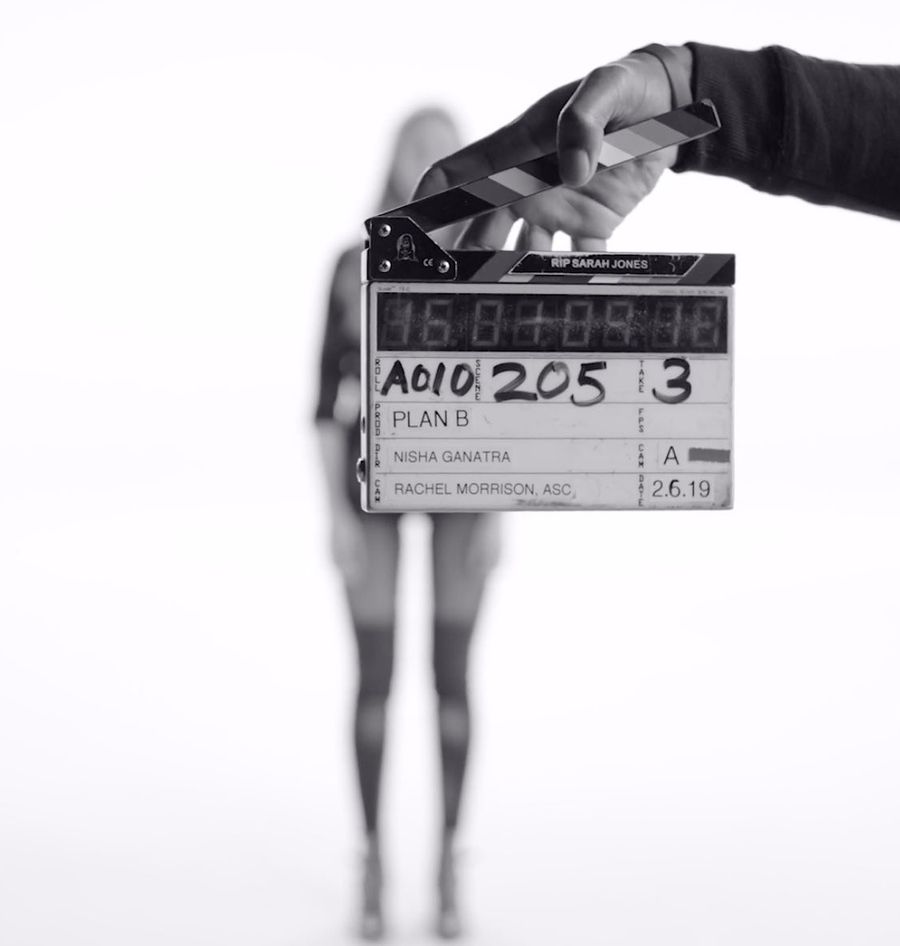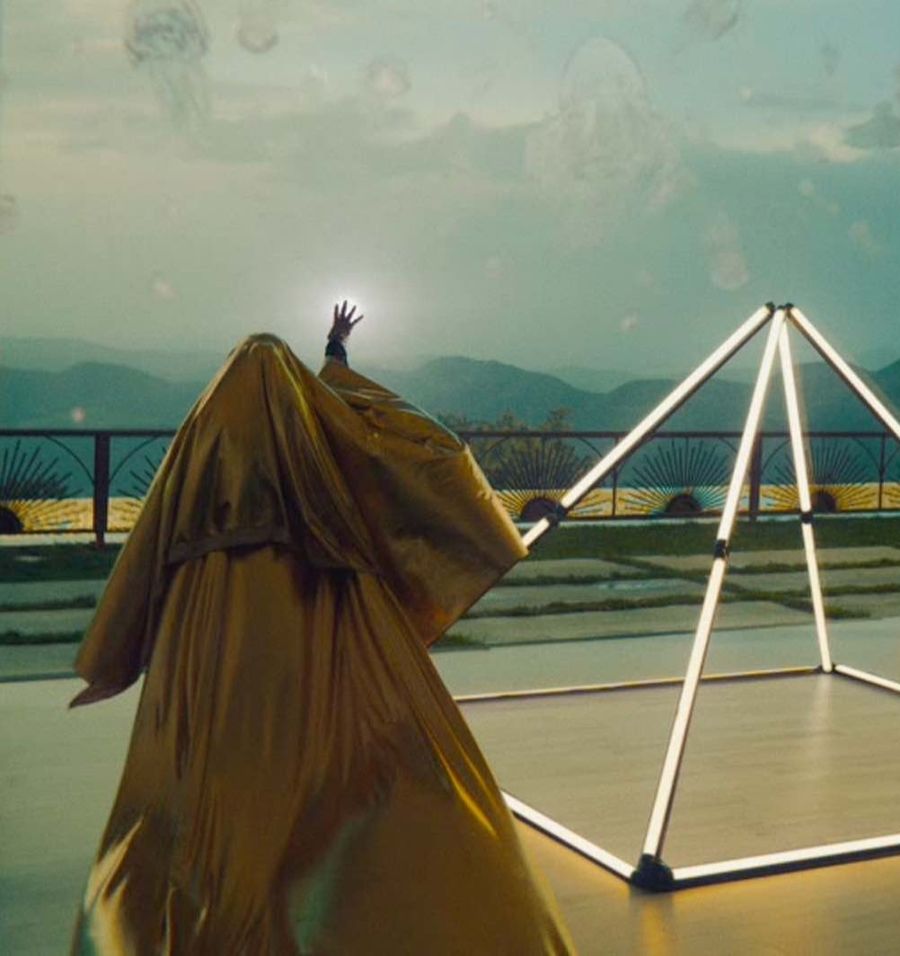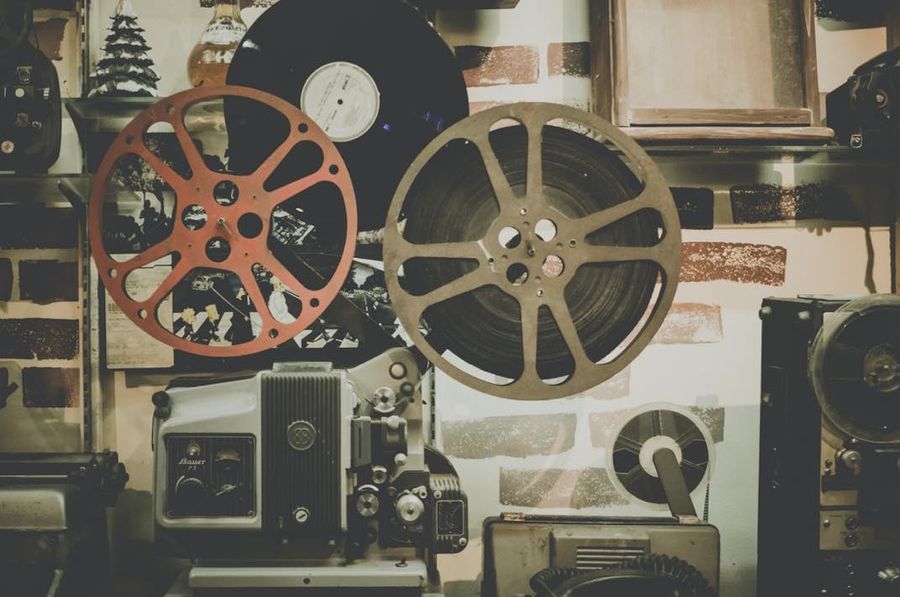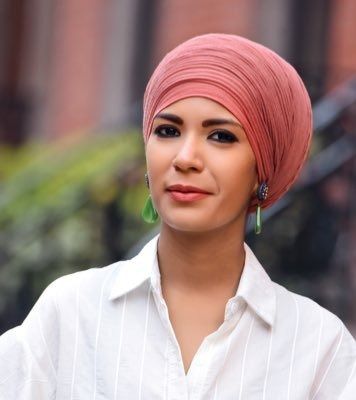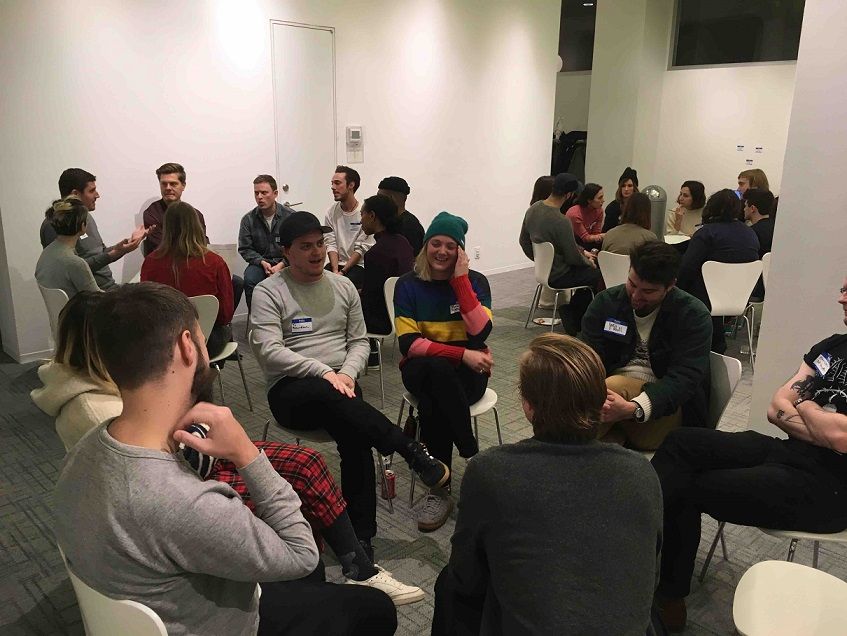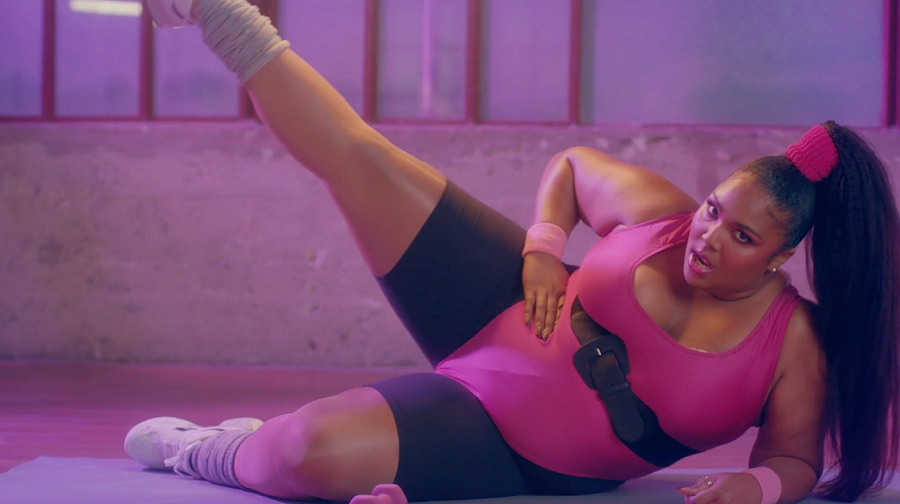Chances are, if you love TV and film, you’ve seen Nisha Ganatra’s directing work before: Transparent, Fresh Off the Boat, Dear White People, and even an episode of Big Time Rush. Most recently, she directed Late Night, starring Mindy Kaling. And that’s just to name a few of her projects—take a look at her IMDb, she’s directed everything. She’s probably directing your life at this very moment. What you don’t know, however, is that Nisha, who’s repped by Chelsea Pictures, also directs commercials. While people don’t consider commercials as prestigious as a feature film, commercials can actually serve as a wonderful medium for directors to work on their craft. Here, we break down Nisha's wise words on the world of commercial directing. Who knows, by the end of this, you may find yourself eager to direct the next Flo from Progressive.

FTW Takeaway: There’s actually a lot of similarities between feature film, TV, and commercial directing. So if you dream of directing Oscar bait, but are directing commercials instead, don’t fret!
Nisha Ganatra: For a commercial, I have to pay close attention to what the client wants while also making sure to bring their vision to life in my own unique way. In that sense it’s very similar to directing TV. Whenever you’re dealing with a brand, the goal is obviously to capture the best of the brand culture, their product, and their business ethos. I usually receive a package from the client which contains the script, storyboard, moodboard, and, depending on the job, desired casting. It is essentially their summary outlining who they are and where they want to take their brand marketing-wise.
But ultimately, the work is the same. It’s about making sure the performances are natural, believable, and (for me) very funny. Regardless of the medium, I’m still interacting with lots of producers on both sides. Brands and commercial production companies have producers coordinating with me, just like how studios in film and TV have producers to work with me, too. It’s fascinating how often the various mediums run parallel, actually.
Just because you’ve directed a feature doesn’t mean that you can direct a commercial without doing your research.
A major difference that surprised me was when I needed to do a series of “product shots” for a commercial. Shooting the product took the same amount of time as getting coverage for the actor. In film and TV, I always prioritize the actor above all else—so it was an adjustment for me to learn to film a product with the same lens and lighting and care as the human stars. One of the best things you can do is work with Chelsea Pictures because they know how to help feature directors succeed in the commercial space without losing our vision and creativity.
Commercials mostly depend on the tastes of the client, but you can still add your own personal spice by pitching creative ideas.
It always depends on the client whether they are welcoming new ideas or staying strict to the script. Regardless of what they want, in a way, I always pitch my own creative approach. That’s why I love this business. Even if I can’t take as many liberties with the story as I would in the film/TV space, I’m still developing my own way of telling that story. I used to think that commercial directing was just executing boards from an advertising company. I’ve actually been having a really fun time directing commercials because of the creative collaboration with the clients. I’m always pitching ways to make the script and idea funnier and I find it refreshing how open everyone is to make things the best they can be—even on the shoot day.
Perks of being a commercial director: cool resources, lots of food, and more time to eat the food.
There are typically a lot more resources on a commercial. So when you have a cool vision, you are usually able to get the equipment you need to execute it. On film and TV projects, you are always compromising and trading one thing for another to get everything done on time and within the budget. I think we can all also agree that the catering and food on a commercial is just beyond what any film and TV set would care to offer up each day. This is a plus and a very big minus, too (I need to make extra trips to the gym whenever I do a commercial). I also get to see finals much sooner than feature or television. The ability to churn out more content is really exciting because I like keeping busy. So I’d say that the biggest perk is definitely turnaround time (although awesome equipment and delicious cortados are huge bonuses).

Being a decent human being makes you a better director. . .
I think listening to those around you is an underrated skill that really comes into play in the prep work, on set, and in edit/post-production. Listen to your actors, your crew, and your producers. In order to connect with people who will be on screen, you have to really connect with them off screen first.
. . . And directing commercials can make you a better human (seriously).
I feel like working in commercial allows me to be more present in the cultural zeitgeist. It’s important to me to have a voice and to encourage others to use theirs. Also, I get to learn more about certain products and companies that are near and dear to me. I want to advocate on behalf of causes that deserve attention, and commercials are a wonderful medium to do so in a fitting, impactful, and timely manner.
Commercial productions are much quicker, so you won’t exactly be getting matching BFF bracelets for your talent and crew. But enjoy those little moments when the camera’s not rolling!
I’d say the main difference between commercial and film/TV productions is the time you get with your fellow creators. Commercial concepts come around much quicker because they’re generally much more urgent in their production timelines, which obviously means that there’s less time you have to get to know the client and crew behind it all. In a commercial, you also have to be even more efficient and land your jokes quicker than in a half-hour episode. But, when you’re working with top comedians on a commercial, this problem actually becomes exciting to solve.
I really liked my first commercial project, which was for Google Home and NBC. It was a series of spots featuring a ton of ad-libbing with five amazing powerhouses in comedy (Amy Poehler, Tiffany Haddish, Maya Rudolph, Chelsea Peretti, and Amy Sedaris) and a very cool crew comprised mostly of women. We laughed so hard all day and completed five spots in one shoot day—that was a phenomenal experience. As Amy was leaving she shouted out, “I love working with women who have kids, ‘cause they know how to get stuff done fast!” That was a great compliment and shout-out to all the working parents in our industry. We know how to get it done!
